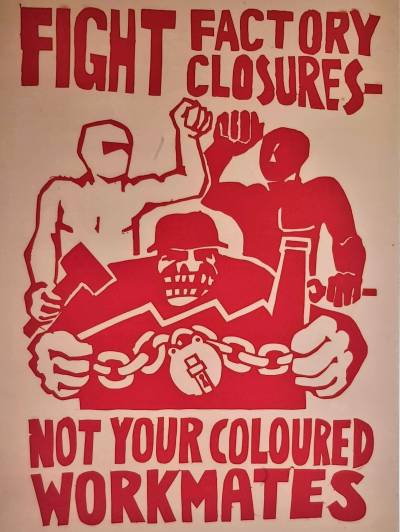My earliest memories take place in airports; in these recollections, I blink sleep out of my eyes as the hypnotic conveyor belt spins round and round. It is hard to remember where I was in those jet-lagged moments. Possibly America (where I went to school), or maybe Italy and Greece (where I spent summers with my grandparents). There was a personal odyssey uncovered through balancing these three identities, cultures, and languages. Unfortunately, along with it came a source of self-doubt and shame (both are a result of the lack of my ability to communicate and the absence of any patriotic roots), something I struggled to shed throughout my childhood.
I have never spent a full year in one continent, nor a full day in one language. Summers were spent in countries and immersed in cultures completely separate from my life at school– in American school, I was placed in a course that deemed English as my Second Language. While I eventually learned English, one subject that I am both literally and figuratively foreign to is US History. At home, my history lessons strictly revolved around Ancient Greece and the Roman Empire. My restricted, public school education didn’t have much to offer either.
In fact, part of the reason I took this course was due to the large gaps in my knowledge regarding US History. Specifically, in relation to the year 1968, before I read the course description, I had no idea that this year carried the significance it does. As I was reading ‘1968’, I found myself routinely stopping after each paragraph to look up the different terms, events, and ideas I hadn’t heard of before. It became particularly tasking yet rewarding to connect them back to the ones mentioned previously in the text. Even though this demonstrates how heavily intimidating the source material is to me, I feel inspired by the wealth of knowledge I am going to gain by the end of this semester.
I’ve always thought that the past is an important aspect of understanding the present. Furthermore, due to today’s political climate, my ignorance of past US events (and worldwide) has never been more apparent. When reading about the years leading up to 1968 and the events that were unfolding during it as well, I caught myself repeatedly drawing parallels to the experiences currently taking place in the United States today. Whether it be the protests for Black Lives Matter connecting to the Black Power movement; the strong disapproval of authority figures; the radical political views on both the right and left; the transnational exchange of ideas (as can be seen from Black Lives Matter protests happening abroad); or more, it would be an understatement to claim that history is beginning to repeat itself.
In conjunction with this idea, it is said that insanity can be deemed as doing the same thing over and over again expecting a different result. How can we learn from the past so that we do not make the same mistakes? We are living in a time that people feel comfortable, if not encouraged, to demand change. Shouldn’t we look back to the past to find the best answers to achieve that desired change? In this class, by learning more US History, not only do I hope to find the answers to these said questions, but I also wish to chip away at the residual shame that has accumulated from my childhood.

